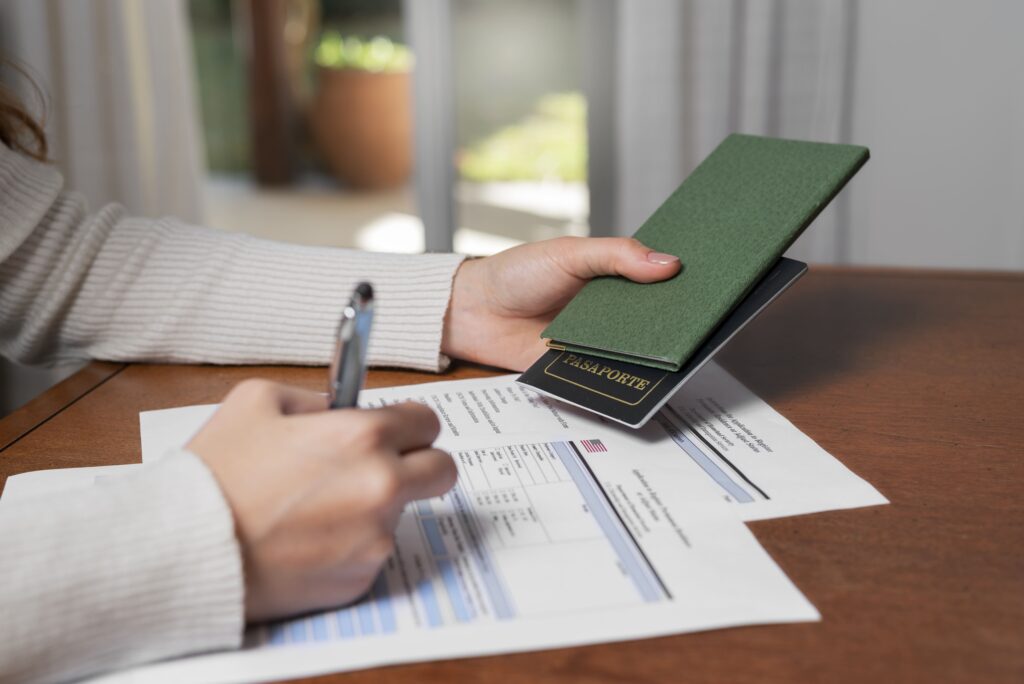Privileges or Pitfalls? Special Permits and Their Impact on Society
Special permits, often seen as a tool for streamlining processes and granting specific rights, carry significant implications in various industries and aspects of life. From land use to business operations and even environmental initiatives, these permits allow exceptions to general rules, enabling projects or activities that might otherwise be restricted. While their intent may be to facilitate progress and innovation, special permits often provoke debates surrounding fairness, transparency, and societal impact. Are they empowering tools for development, or do they risk enabling privilege and misuse? This article explores the dual-edged nature of special permits, highlighting their benefits and potential pitfalls.Understanding Special Permits
Special permits are authorizations granted by governing bodies that allow individuals or organizations to deviate from standard regulations or requirements. Unlike general permits, which apply broadly, special permits are tailored to specific circumstances or projects. Common examples include:- Construction and Zoning: Allowing development in areas where standard regulations prohibit certain activities.
- Environmental Exceptions: Permitting activities in sensitive areas under strict conditions.
- Business Operations: Providing temporary waivers for events, sales, or operational changes.
- Transportation: Allowing oversized vehicles or hazardous materials to transit specific routes.
The Positive Impact of Special Permits
- Enabling Progress Special permits often serve as catalysts for economic and infrastructural development. They allow projects to proceed that might otherwise be stalled by rigid regulations. For instance, urban development projects in high-demand areas often rely on special permits to optimize land use.
- Supporting Innovation Emerging technologies and experimental industries often require exceptions to existing rules. Special permits enable pilot projects, such as renewable energy installations or autonomous vehicle testing, paving the way for future advancements.
- Crisis Management In emergencies, special permits can expedite relief efforts. For example, during natural disasters, governments issue temporary permits to speed up the delivery of supplies or construction of temporary shelters.
- Promoting Flexibility Special permits allow regulations to adapt to unique circumstances, ensuring that rules do not become barriers to legitimate and beneficial activities.
The Negative Side of Special Permits
- Perceived Favoritism The selective nature of special permits can lead to accusations of favoritism or corruption. When permits are granted without clear justification or transparency, they may create a perception of inequality, undermining public trust.
- Environmental Risks In the name of development, special permits can sometimes override environmental protections. Activities like deforestation, mining, or industrial construction in sensitive areas can have long-term ecological consequences.
- Exploitation Loopholes Businesses or individuals may exploit special permits to bypass regulations for personal gain, compromising the integrity of existing laws.
- Community Backlash When special permits are issued without adequate consultation, they can lead to protests or opposition from local communities. The lack of inclusivity in decision-making often exacerbates tensions.
Transparency and Accountability in the Process
To ensure that special permits serve their intended purpose, it is crucial to implement mechanisms for transparency and accountability. This includes:- Clear Criteria for Issuance Governing bodies should establish and publicize specific guidelines for granting special permits. Clear criteria reduce ambiguity and build public confidence.
- Public Participation Engaging communities in the permitting process ensures that diverse perspectives are considered. Public hearings or consultations can help identify potential concerns and foster collaborative solutions.
- Periodic Reviews Special permits should not be indefinite. Regular assessments ensure compliance with conditions and allow adjustments if circumstances change.
- Use of Technology Digital platforms for permit applications and monitoring can increase transparency. Online databases that track the status and terms of special permits allow public access and scrutiny.
Striking a Balance
The utility of special permits lies in their ability to balance regulatory frameworks with real-world complexities. However, this balance is delicate and requires careful management. For instance:- In Urban Development: Special permits can enable innovative designs and mixed-use developments that enhance cityscapes. However, unchecked permits may lead to overdevelopment and strain on public infrastructure.
- In Environmental Policy: Permits for sustainable initiatives like wind farms can promote green energy. Conversely, leniency for industrial activities in ecologically sensitive zones may undermine conservation efforts.
Case Studies: Special Permits in Action
- Positive Example: In Denmark, special permits allowed offshore wind farms to bypass traditional zoning restrictions, leading to rapid expansion of renewable energy. The projects were closely monitored to ensure minimal environmental disruption while delivering significant benefits.
- Negative Example: In Brazil, special permits for agricultural expansion in the Amazon have been criticized for enabling deforestation. Despite conditions attached to these permits, enforcement has been weak, resulting in significant environmental degradation.
The Future of Special Permits
As societies evolve, the role of special permits will continue to grow. Stricter environmental regulations, urbanization, and technological advancements will require more flexible permitting systems. At the same time, the demand for transparency and accountability will shape how these permits are issued and monitored. Governments and organizations must strive to strike a balance—using special permits as tools for progress without compromising fairness, environmental health, or community well-being. Proper governance, inclusive decision-making, and regular evaluations are essential to maximizing their benefits while minimizing their risks.Special permits, when used responsibly, can act as powerful enablers of innovation and development. However, their misuse or mismanagement can lead to inequity and long-term harm. By addressing these challenges proactively, society can transform special permits into a force for positive change.
Still confused about Special Permits/Izin Khusus?
Click the tombol on the right to Ask the Documenta Team











